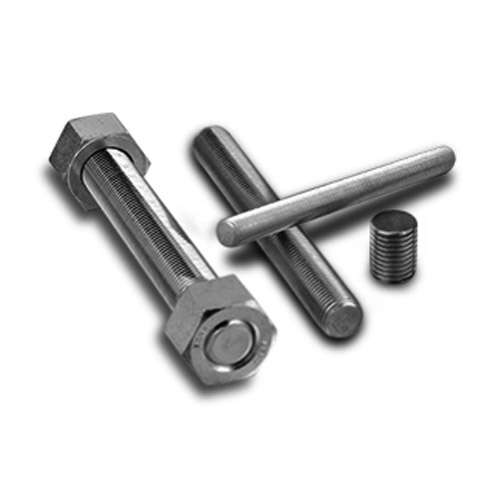High-Performance Diesel Fuel Line Hose for Secure Fuel Delivery and Efficiency
Oct . 05, 2024 17:06 Back to list
High-Performance Diesel Fuel Line Hose for Secure Fuel Delivery and Efficiency
Understanding Diesel Fuel Line Hoses Importance and Maintenance
Diesel fuel line hoses are essential components in the fuel delivery system of diesel engines. These hoses are designed to handle the specific demands of diesel fuel, including its chemical properties and high-pressure environments. Understanding the significance of diesel fuel line hoses and how to maintain them is crucial for the efficient operation of diesel engines, which are commonly found in heavy-duty vehicles, agricultural machinery, and industrial equipment.
Importance of Diesel Fuel Line Hoses
The primary function of diesel fuel line hoses is to transport diesel fuel from the tank to the engine. This process requires the hoses to withstand various conditions, including high pressure, temperature fluctuations, and exposure to diesel fuel, which can be corrosive to certain materials. Diesel fuel line hoses are typically made from materials such as reinforced rubber or synthetic compounds, which provide the necessary durability and flexibility.
One of the critical aspects of diesel fuel line hoses is their ability to prevent leaks. Fuel leaks can lead to reduced engine performance, increased emissions, and environmental hazards. A well-maintained fuel line hose ensures that the fuel flows efficiently and reaches the engine without any losses. Furthermore, modern diesel engines are designed to operate at higher pressures, making the quality and integrity of fuel line hoses even more critical.
Signs of Wear and Tear
diesel fuel line hose

Like any other component in a vehicle, diesel fuel line hoses can deteriorate over time. Identifying signs of wear and tear early can prevent significant problems down the line. Common indicators that a fuel line hose may need inspection or replacement include
1. Fuel Odor A strong smell of diesel fuel can indicate a leak in the fuel line hose, necessitating immediate attention. 2. Cracks or Bulges Physical signs such as cracks, bulges, or fraying in the hose exterior suggest that the hose is failing and may need replacement. 3. Diminished Engine Performance If the engine is stalling, losing power, or having difficulty starting, it could be a sign of a clogged or damaged fuel line hose. 4. Visible Leaks Any visible signs of fuel pooling under the vehicle or along the fuel line route should be investigated promptly.
Maintenance Tips
Proper maintenance of diesel fuel line hoses can extend their lifespan and ensure optimal engine performance. Here are some essential maintenance tips
- Regular Inspections Routinely check the fuel line hoses for any signs of wear, leaks, or damage. Early detection can prevent more significant issues. - Clean Connections Ensure that the connections between hoses and components are clean and free from debris to maintain a tight seal. - Avoid Overheating Diesel fuel line hoses should not be subjected to excessive heat. Ensure that heat shields are in place if the hoses are near exhaust components. - Replace When Necessary If any issues are detected, replace the hoses immediately to prevent fuel leaks and engine problems.
In conclusion, diesel fuel line hoses play a crucial role in the efficiency and safety of diesel engines. Regular maintenance and timely replacement of worn hoses can significantly enhance the longevity of the engine and prevent costly repairs. By being vigilant and proactive, diesel engine owners can ensure that their vehicles operate at peak performance while minimizing the risks of fuel leaks and related hazards.
